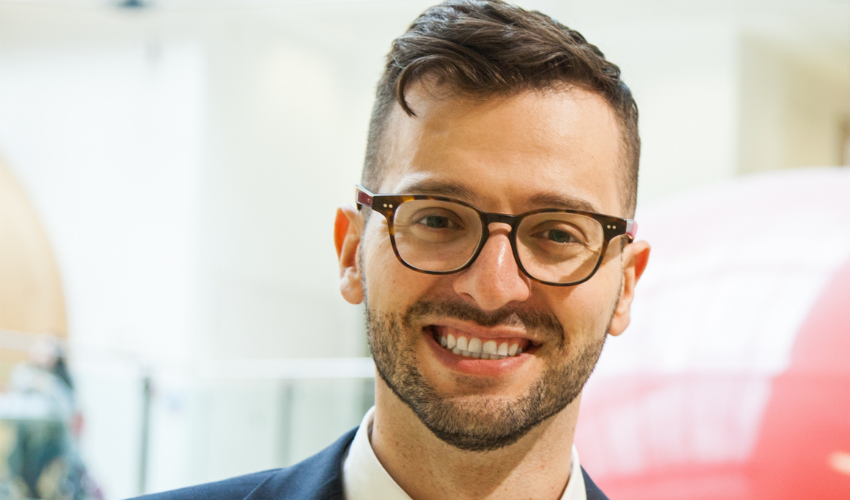
Nicola Limodio: Finance in Developing Countries, beyond Microcredit
THE ASSISTANT PROFESSOR OF FINANCE OBSERVES THAT IN EMERGING COUNTRIES THE BANKING SECTOR IS THIRTY TIMES LARGER THAN MICROFINANCE, BUT IS UNDERSTUDIEDNicola Limodio deals with banks and credit in developing countries, but he is not interested in microfinance. “Meticulous research has called it into question”, says Limodio, who joined Bocconi’s Department of Finance this academic year. “Microfinance weighs between 2% and 3% of all emerging market financial assets, compared to the 90% of banking institutions. Yet we know little about the latter’s regulation and operations”. His interlocutors are therefore central bankers, for instance in Addis Ababa or Karachi, where he has spent long periods studying contexts where income uncertainty causes high volatility in savings.
From 2005 and 2010, Limodio studied Economics, driven by the interest for the functioning of banking institutions. His mother is an elementary school teacher, his father is a courthouse employee. “Doing research was not my goal”, he says. After graduating, he worked one year at the World Bank in Washington DC. “I loved my job, yet I felt I needed to continue my studies. So, I did my PhD at the London School of Economics. After a year or so, I was totally inspired by academia and by its freedom of thought”.
The first country he studied was Ethiopia, where he dealt with the effects of central bank interventions: the increase in the volume of deposits and loans, the opening of new branches. In the job market paper Deposit Volatility, Liquidity and Long-Term Investment: Evidence from a Natural Experiment in Pakistan, he analyzed the relationship between liquidity cost, deposit volatility and long-term investments in the Asian country using the exogenous variation of an Islamic tax imposed on bank deposits during Ramadan.
In Bocconi, Limodio will teach the undergraduate course “Financial Markets and Institutions” and will study the role of banks’ branches and the impact of terrorism on financial markets in developing countries. “Bocconi is the right place to do it”, he says. “At the Department of Finance I have perceived a strong sense of community and the right motivation”.
Whenever his commitments allow him to, Limodio loves singing. In the past, he did it in a polyphonic chorus of sacred music, while in Washington he performed with a group called iTalians and during his doctorate in another group called the Binding Constraints. If you ask him why his website features the famous quote: “May you have the courage to change the things you can, may you have the patience to accept the things you can not change and the wisdom to know the difference”, he will answer that “this is a virtue that every academic should possess”.
by Claudio Todesco
